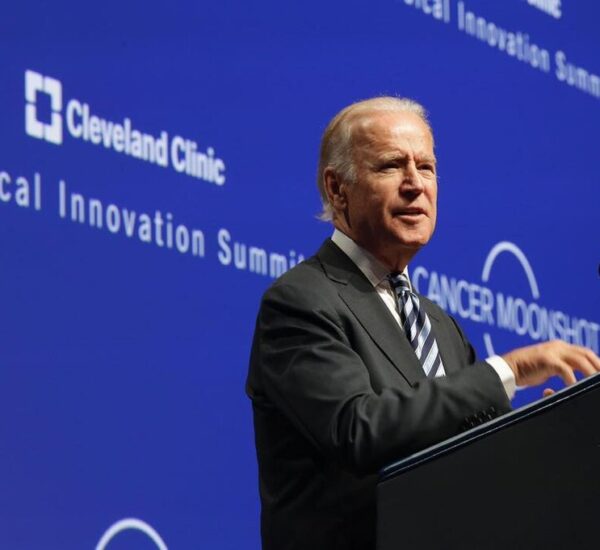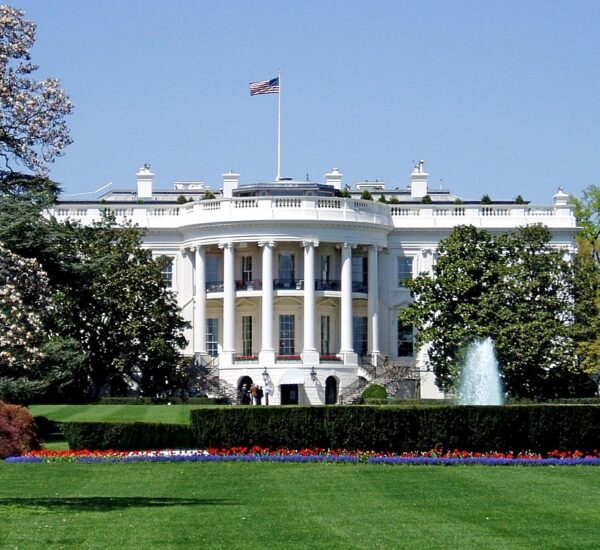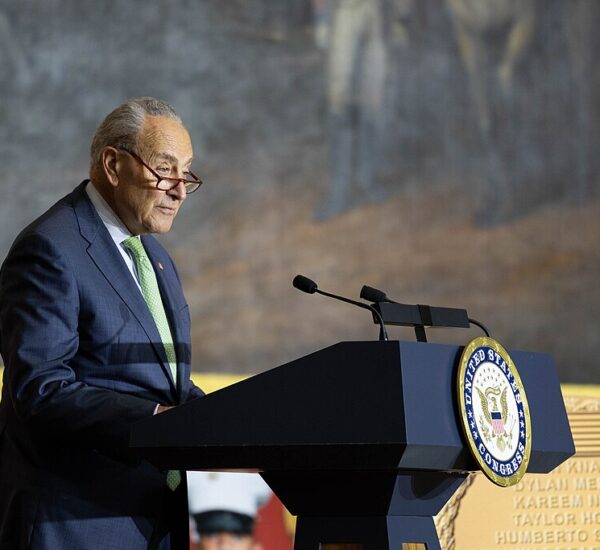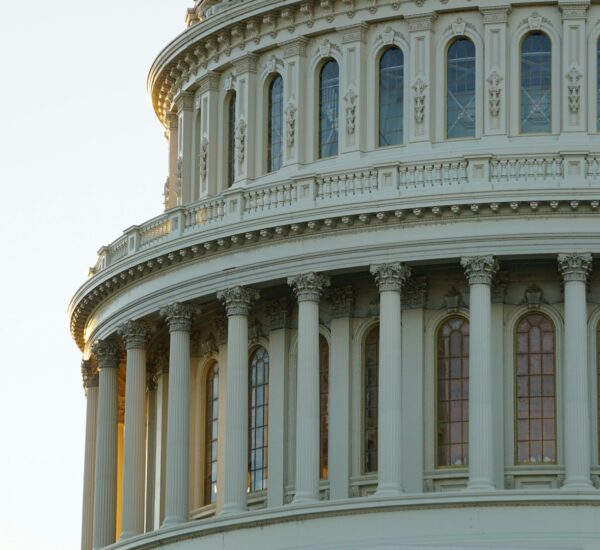Things are escalating and the world is watching.
President Donald J. Trump is sounding the alarm on a growing national security threat as Iran adopts a more confrontational stance in nuclear negotiations, raising fresh fears about Middle East instability and the risk of a nuclear-armed Tehran.
Speaking to Fox News’ Bret Baier, President Trump revealed that the tone of negotiations with Iran has shifted dramatically and not for the better.
“Iran’s behavior at the negotiating table has shifted significantly in just a few days,” President Trump said. “They’re being far more aggressive now. It caught me off guard. It’s not what I hoped for—but we’re scheduled to meet again tomorrow, so we’ll see how it goes.”
White House Officials Say Iran Is Deliberately Stalling While Accelerating Nuclear Enrichment
Senior Trump administration officials warn that Iran is actively prolonging the talks while continuing to ramp up its nuclear enrichment program behind the scenes. Officials familiar with the situation told Fox News that Iran is “engaging in delay tactics” with no meaningful signs of compromise—raising alarms in both Washington and Jerusalem.
This diplomatic breakdown has only intensified concerns within Israel, where military leaders are reportedly preparing for the possibility of unilateral preemptive action to prevent Iran from acquiring nuclear weapons capabilities.
Top U.S. Commander: Military Options Are on the Table, But Diplomacy Is Preferred
General Michael E. Kurilla, who is stepping down as commander of U.S. Central Command (CENTCOM), testified before Congress Tuesday, revealing that he has laid out a full range of strategic and tactical military options for President Trump to consider.
“I have provided a range of options to the President to prevent Iran from moving forward with its nuclear program,” Kurilla said. “That said, I still support a negotiated solution—because the cost of armed conflict would be very high.”
Kurilla also confirmed that Iran has doubled its uranium enrichment capacity over the last six months—an alarming escalation that puts the region, and potentially the world, at greater risk.
Defense Secretary Pete Hegseth Defends $1 Trillion Budget Focused on Strengthening America’s Nuclear Triad
Traveling with President Trump aboard Air Force One to Fort Bragg, North Carolina, Defense Secretary Pete Hegseth reaffirmed the administration’s firm stance on military readiness and strategic deterrence.
Earlier in the day, Hegseth testified before the House Appropriations Subcommittee on Defense regarding the proposed $1 trillion defense budget for FY2026. The budget includes over $62 billion earmarked to modernize and sustain America’s nuclear triad—including land-based intercontinental ballistic missiles (ICBMs), submarine-launched ballistic missiles (SLBMs), and strategic bombers.
While Hegseth did not comment directly on the Iran situation during the hearing, his testimony underscored the importance of maintaining a credible, modern nuclear deterrent in an increasingly hostile world.
Lawmakers Sound the Alarm Over Global Threats from Iran, Russia, China, and North Korea
Rep. Chuck Fleischmann (R-TN) used the hearing to voice growing concerns about the global nuclear threat environment, citing the aggressive posturing of adversaries like Russia, China, North Korea—and now, once again, Iran.
“We’re recapitalizing the entire nuclear deterrent all at once,” Fleischmann said. “Russia has rebuilt its triad, China is expanding rapidly, and now Iran looms closer than ever to acquiring nuclear weapons. Meanwhile, we’re still relying on outdated Cold War-era assets in the Pacific. That leaves us vulnerable.”
In response, Hegseth emphasized the Trump administration’s commitment to modernizing all three legs of the nuclear triad, stating that strategic deterrence is more vital than ever to protect American interests at home and abroad.






